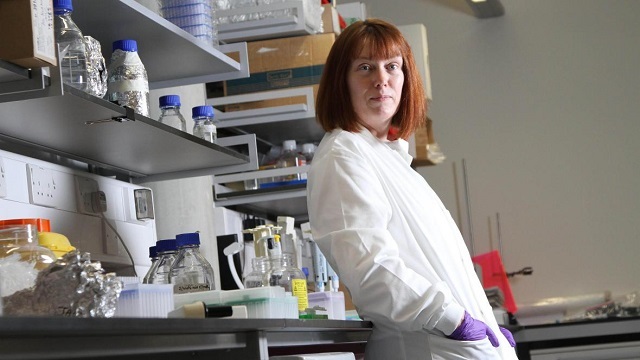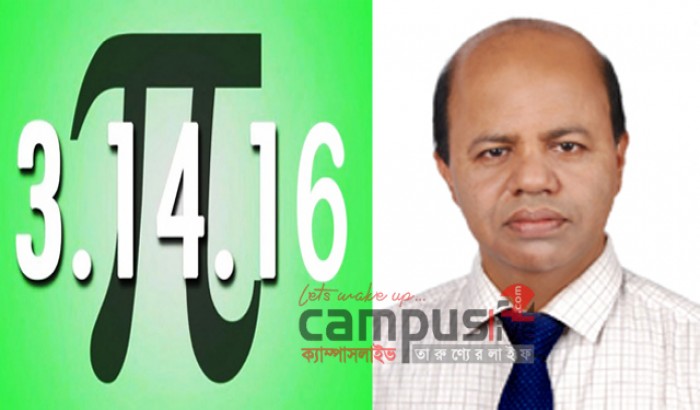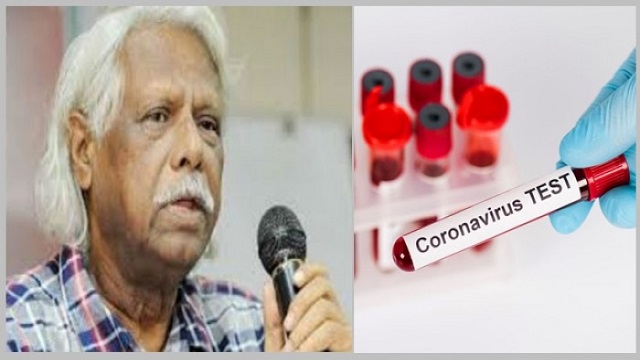Student Research, the Center of Success
Published:
2019-04-29 06:21:30 BdST
Update:
2024-04-27 01:18:00 BdST

Live Correspondent: Throughout my career, one of the questions I often ask students during an initial meeting is “Have you done an internship, research or any creative work as part of your undergraduate experience?” In most cases, I ask this question unconsciously because that is how I was educated as an undergrad.
The response that I get from students depends on the institution and its culture. Surprisingly more students at non-research intensive campuses tend to respond positively to this question than those at research-intensive universities or colleges.
This outcome is not what one would predict, and while I have not done a scientific survey, I can safely surmise that factors such as faculty-to-student ratio and institutional culture play a role.
As an academic, when asked what I consider to be my most important accomplishment, the first thought that comes to mind is the international summer research experiences for undergraduates (REU) program funded by the National Science Foundation that I ran in Ghana from 2002 to 2016.
Without taking away anything from the courses that I taught for over two decades and the students who worked in my lab, this program led to the most measurable outcomes because of its impact on the education on the participants. In addition, I have kept in touch with them and know the current roles and affiliations of 98 percent of the participants.
About 75 percent have either earned or are enrolled in programs that will lead to their doctorates. To understand what made this research program so special, let me share the story with you.
After leading two REU domestic programs at Towson University and James Madison University, I started wondering how to use my international background to enhance the experiences of the participants. A quick survey in 2001 indicated that there was only one international REU program in sub-Sahara Africa so there was an opportunity to fill this gap.
When I first floated a proposal to run an REU program in Ghana with the NSF Biology Directorate, the immediate response was negative. The program director was not sure that panelists would support the program due to lack of knowledge about how research was done in a developing country.
Fortunately, the program director called me back a few days later to offer an opportunity to carry out a two-year pilot program to demonstrate the feasibility of running a summer research program at a university in Ghana.
That started the 15-year program that took 118 undergraduates to Ghana to carry out research in sub-disciplines ranging from aquatic ecology, environmental toxicology, entomology, ethnobotany, fisheries through malacology to taxonomy.
This program was run from the four previous universities at which I worked before coming to Millersville University. As part of the evaluation process, the program was designed to help students develop four basic skills in addition to the content or knowledge development.
The first skill was critical thinking. Upon acceptance into the program, students worked with their faculty mentors in Ghana to identify a project. This process involved reviewing the literature to find gaps that needed to be filled.
In order to come up with good questions, students had to analytically figure out what was missing in our current knowledge about the topic. That led to developing hypotheses that needed to be tested.
The entire process helped students sharpen their critical thinking skills. After orientation at the host institution in the United States, students traveled as a group to the University of Cape Coast (UCC) in the Central Region of Ghana. The first week was used for onsite orientation followed by designing projects that were carried out over a six-week period.
Because of the lack of highly sophisticated or state-of-the-art equipment in the UCC labs, creativity was highly required in the designing of projects to address carefully selected scientific questions. Often, these projects were initially designed based on modern equipment found in a typical lab in the U.S., but upon arrival in Ghana the students quickly realized that they had to use fundamental equipment.
On other occasions, students developed their hypotheses based on limited knowledge about UCC and the surrounding area. This situation provided opportunities for them to be creative.
For example, one student designed a project that aimed at examining how familiar Ghanaians were about a particular disease based on their proximity to an information center. The initial project was designed by the student to focus on quantitative analysis.
During preliminary data collection after arriving at UCC, the student realized that almost everyone he interviewed knew about the disease. In order to carry out a valid project, the student worked with his faculty mentor to shift the focus of the project to qualitative analysis instead.
An intense level of creativity was required to design a viable project and the student was able to do so after several efforts
Dhaka, 28 April(campuslive24.com)//MI
Topic:




_19_(1)-2019-06-09-22-45-30.jpg)

Share Your Valuable Comments: